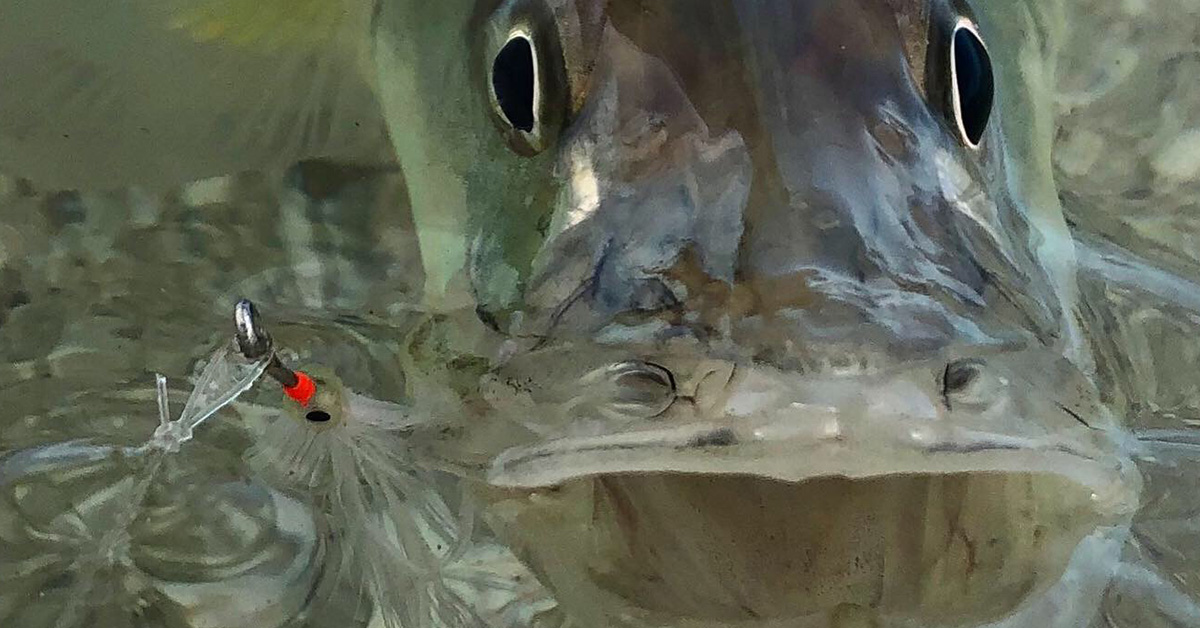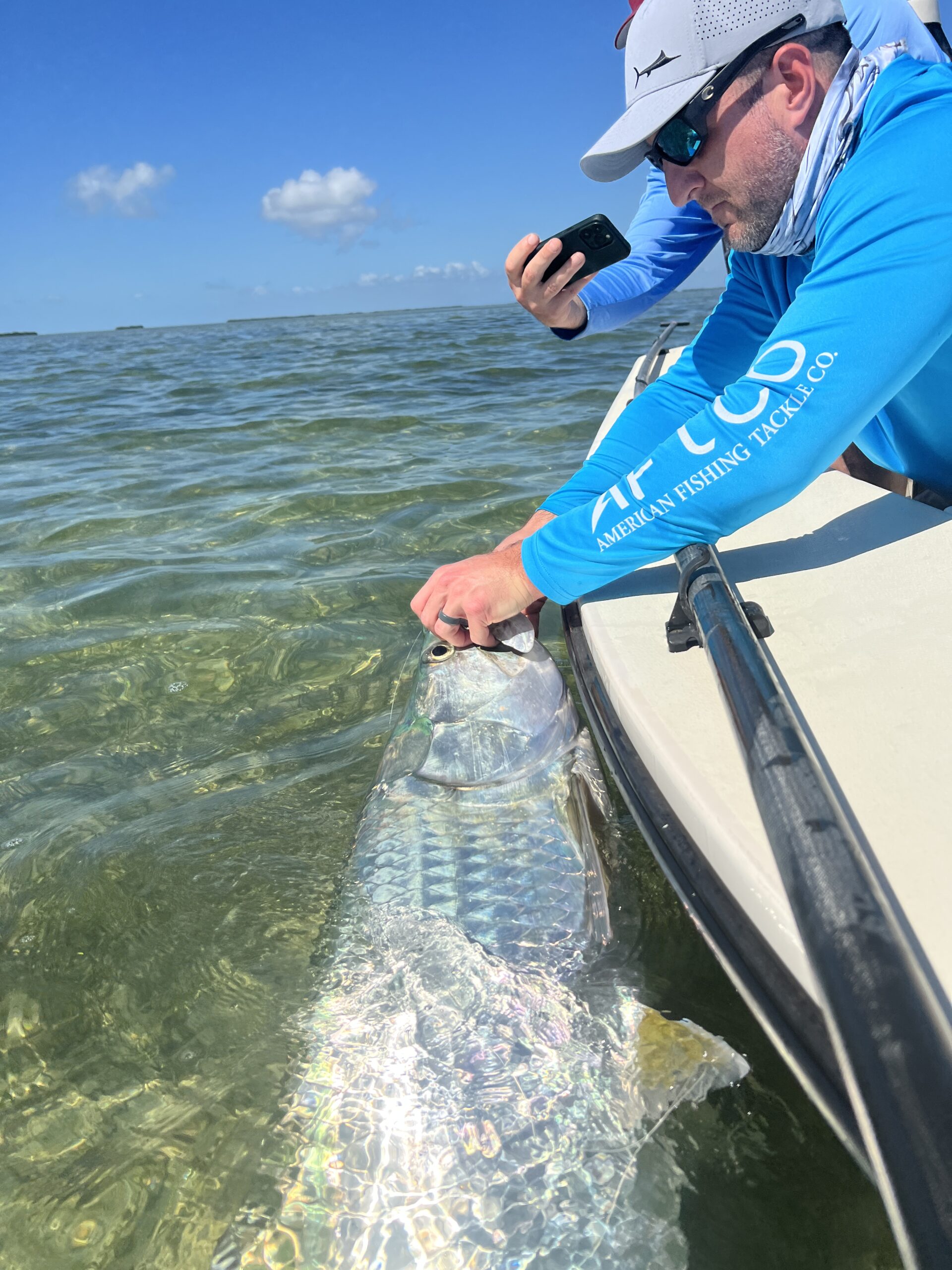Embarking on a saltwater fly fishing adventure is an exhilarating experience, but proper preparation is key to ensuring a successful and memorable trip. Whether you’re a seasoned angler or a novice, there are steps you can take to prepare for saltwater fly fishing trips. Let’s get started!
Gain Essential Knowledge
Before heading to the coast, it’s crucial to arm yourself with the necessary knowledge about your target species, local fishing regulations, and the environment you’ll be fishing in. Research the specific fish you plan to target, their feeding habits, and preferred habitats. Additionally, familiarize yourself with catch and size limits, seasonal restrictions, and required licenses.
Select the Right Gear
Selecting the appropriate saltwater fly fishing gear is paramount to your success. Ensure you have the right rod, reel, fly lines, and flies for your intended target species. The gear should be saltwater-specific, designed to withstand the harsh marine environment and the powerful fish that inhabit it. Seek guidance from experienced anglers or local fishing shops to make informed gear choices.
Practice Casting Skills
Effective casting is fundamental to saltwater fly fishing success. Spend time honing your casting skills to maximize your chances of landing fish. You can practice casting in your backyard, at a local park, or on a nearby river. Focus on achieving distance and accuracy, as saltwater fish can be elusive and challenging to reach.
Streamer Fishing Techniques
Streamer fishing is a popular method for targeting predatory saltwater species such as tarpon, snook, and striped bass. Streamers are larger, more lifelike fly patterns designed to mimic baitfish. To prepare for streamer fishing, practice your casting with larger, weighted flies to simulate the demands of casting streamers in the wind. Work on your retrieval techniques, including stripping and pausing to imitate the erratic movement of injured prey.
Knot-Tying Skills
Strong knots are vital for securing your fly to the leader and connecting leader sections. Learn and practice essential fishing knots such as the improved clinch knot, loop knot, and loop-to-loop connections. Knot-tying skills are crucial when dealing with powerful saltwater fish, ensuring that your tackle remains intact during battles.
Balance and Coordination
Saltwater fly fishing often requires wading or fishing from a boat, which can be physically demanding. To prepare, work on your balance and coordination to navigate uneven terrain and maintain stability in challenging conditions. Engage in activities like yoga or balance exercises to improve your core strength and flexibility.
Casting in Wind
Wind is a constant factor in saltwater fly fishing, and learning to cast effectively in windy conditions is essential. Practice casting in various wind strengths and directions to become proficient at making accurate presentations in challenging environments. Adjust your casting angle, timing, and line speed to compensate for the wind.
Timing and Tides
Understanding the timing of tides and their impact on fish behavior is crucial for successful saltwater fly fishing. Research local tide charts and learn how to read them. Fish are often more active during specific tidal stages, such as incoming or outgoing tides. Plan your fishing trips accordingly to maximize your chances of hooking up.
Conservation Ethics
Before heading out, educate yourself about responsible angling practices and conservation ethics. Saltwater ecosystems are fragile, and it’s vital to minimize your impact on the environment. Familiarize yourself with catch-and-release best practices and handle fish with care to ensure their survival after release.
In order to prepare for saltwater fly fishing, you’ll need a combination of knowledge, skill development, and proper gear selection. By gaining essential knowledge, selecting the right gear, practicing casting skills, mastering streamer techniques, honing knot-tying skills, improving balance and coordination, and understanding wind and tides, you can increase your chances of having a successful and enjoyable saltwater fly fishing adventure.
Remember that saltwater fly fishing is not just about catching fish; it’s also about connecting with nature and respecting the environment. Embrace the learning process and stay committed to becoming a skilled saltwater fly angler. With thorough preparation and dedication, you’ll be well-equipped to tackle the challenges of saltwater fly fishing and create lasting memories on the beach or the open water.


Leave a Reply
You must be logged in to post a comment.